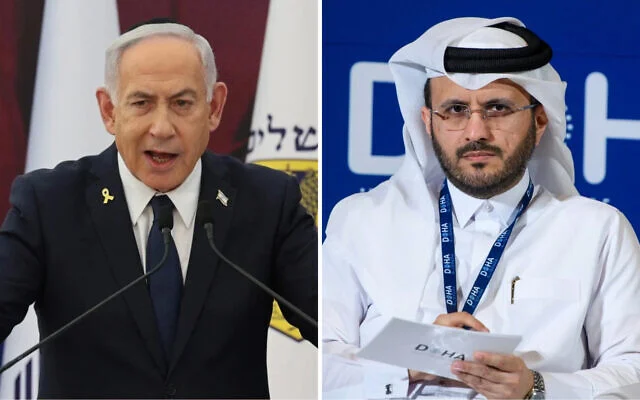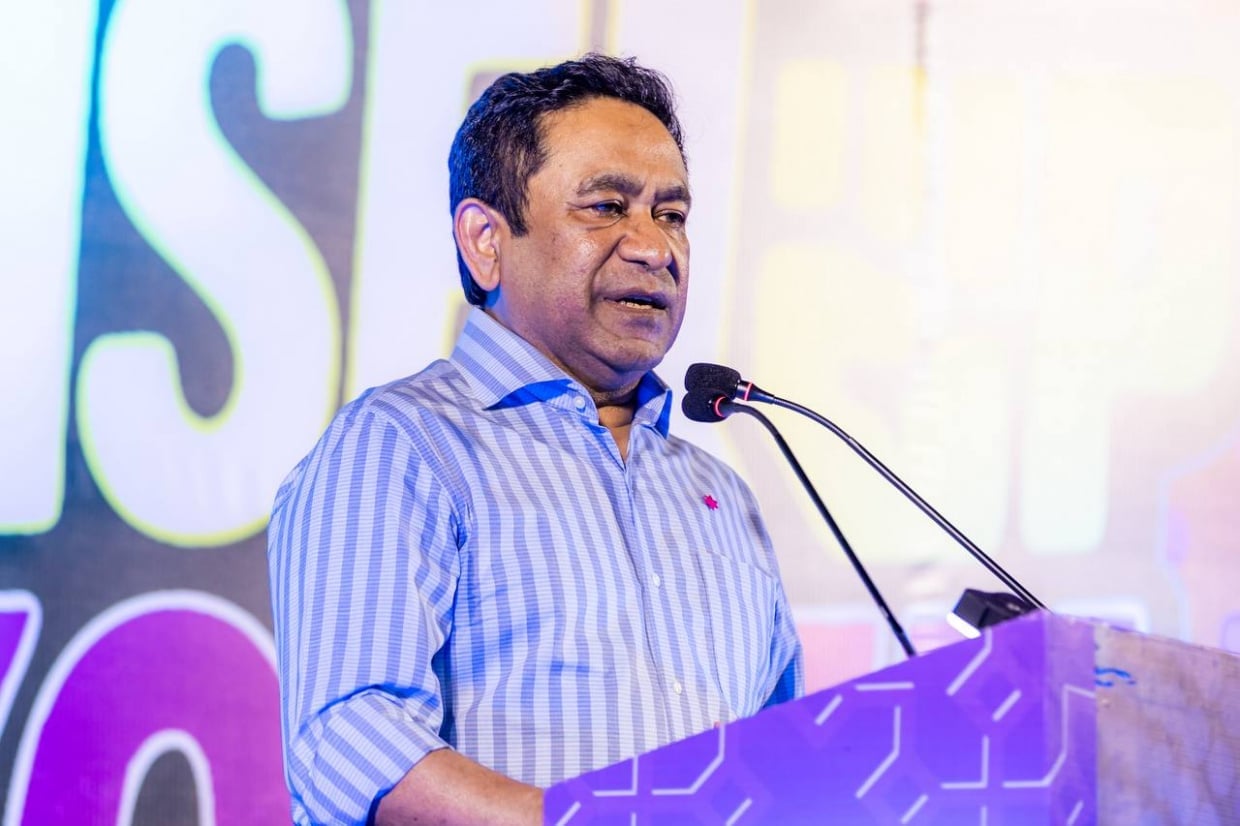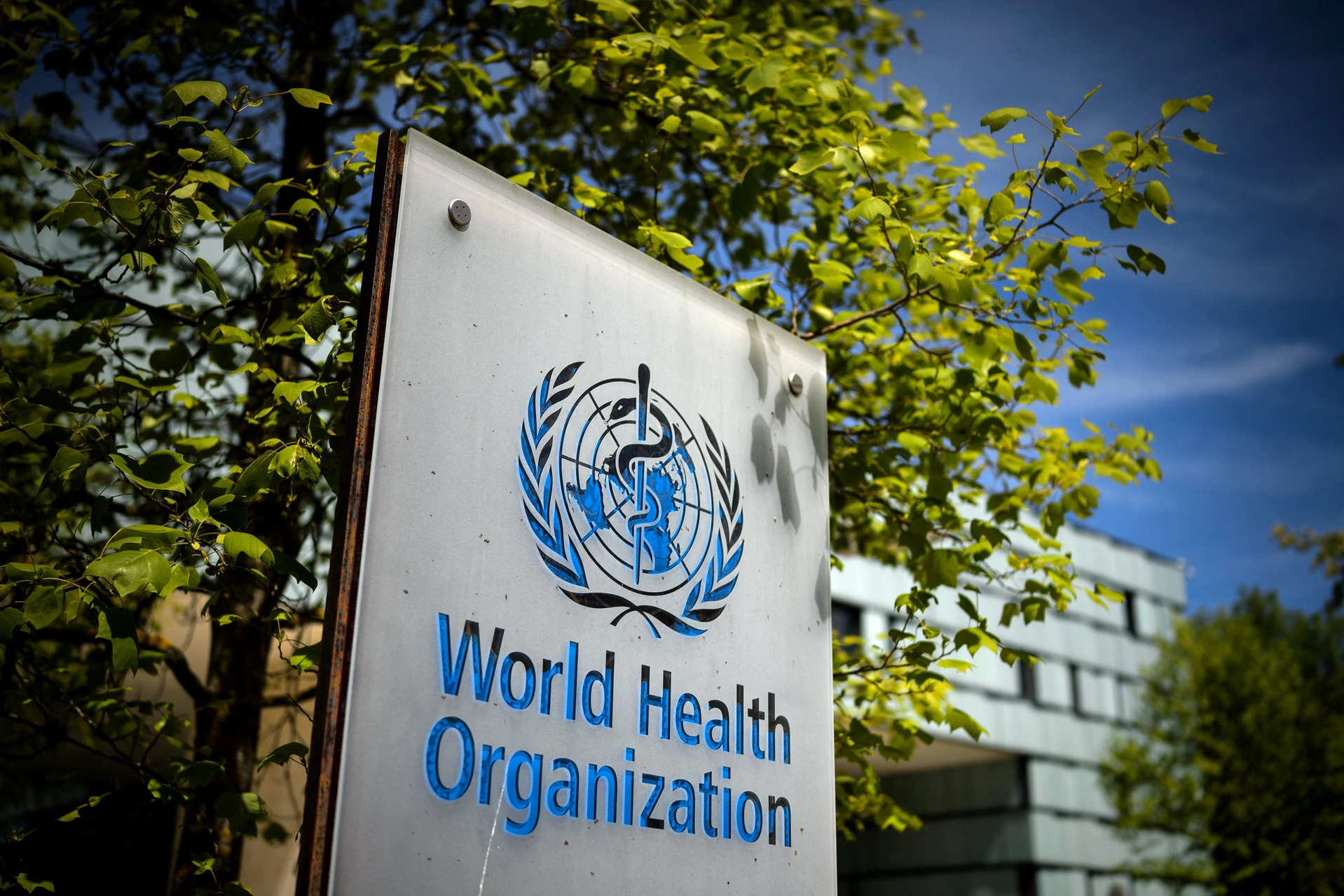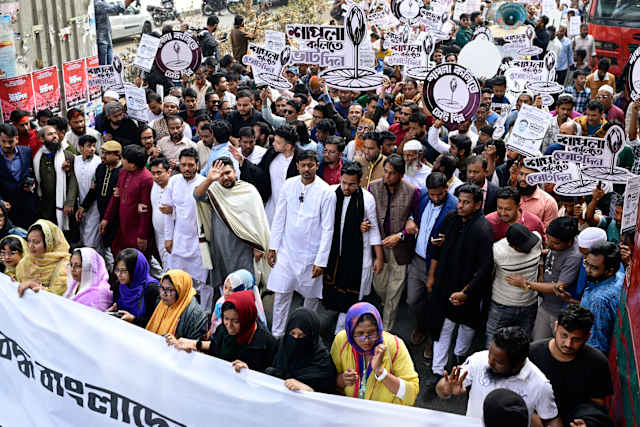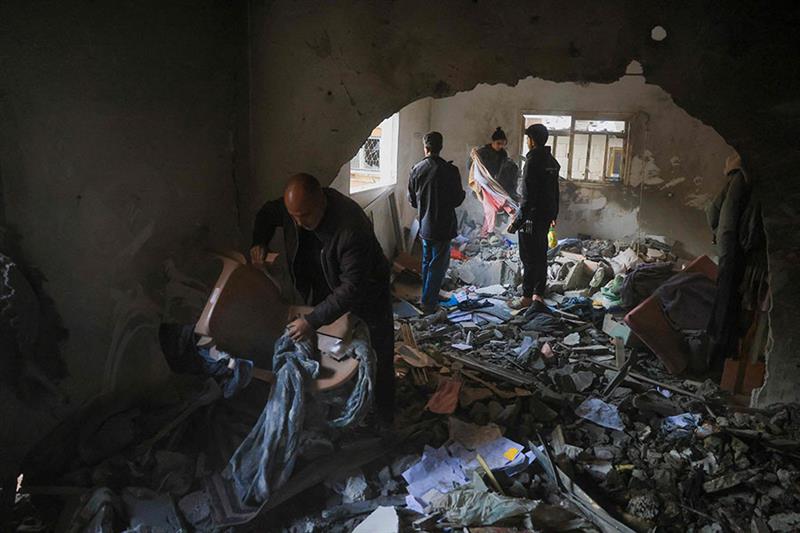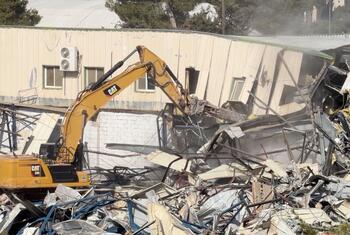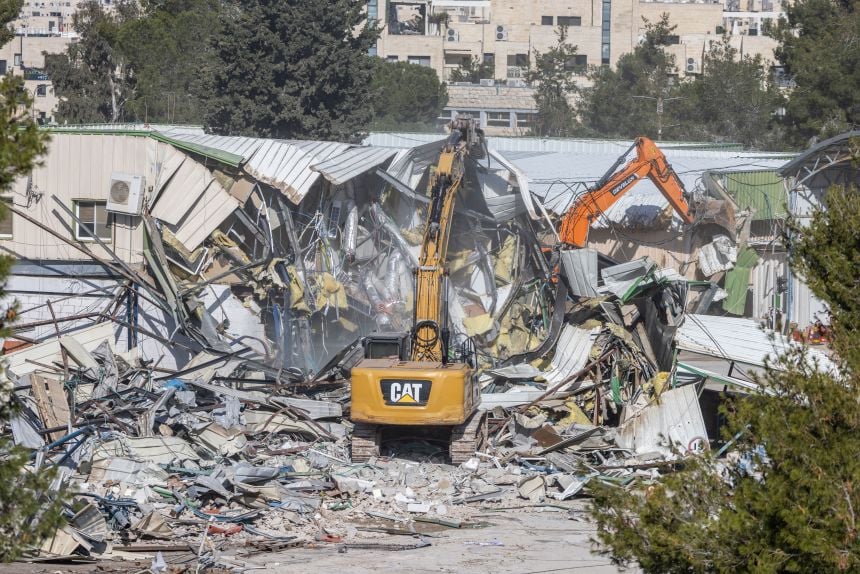Qatar, a key mediator in the ongoing Gaza truce negotiations, on Sunday firmly rejected remarks by Israeli Prime Minister Benjamin Netanyahu accusing Doha of “playing both sides” in the talks.
Netanyahu’s office, in a statement on Saturday, claimed Qatar must “decide if it’s on the side of civilization or if it’s on the side of Hamas.” In response, Qatari Foreign Ministry spokesman Majed Al-Ansari described the remarks as “inflammatory” and said they failed to meet even the “basic standards of political and moral responsibility.”
Al-Ansari defended Qatar’s mediation role, pointing out that previous hostage releases were achieved through diplomatic efforts, not military action. He also criticized Netanyahu’s framing of the conflict as a battle between civilization and terror, saying it echoed historical regimes that used such narratives to justify civilian harm.
Despite ongoing efforts by Qatari and Egyptian mediators, truce talks remain stalled. Israel insists Hamas must disarm and be removed from Gaza’s future governance—demands the group refuses. Hamas, in turn, is demanding a permanent ceasefire and the full withdrawal of Israeli forces before agreeing to a broader hostage release.
Al-Ansari also highlighted the worsening humanitarian catastrophe in Gaza, citing Israel’s blockade, widespread hunger, and restrictions on medicine and shelter. Aid groups continue to warn of an escalating disaster as Israeli media report plans for an expanded military operation.
The war, now in its seventh month, was sparked by Hamas’s October 7 attack, which killed around 1,200 people in southern Israel and led to the capture of 251 hostages. Since then, more than 50,000 Palestinians have been killed, according to Gaza health authorities.
Netanyahu’s office, in a statement on Saturday, claimed Qatar must “decide if it’s on the side of civilization or if it’s on the side of Hamas.” In response, Qatari Foreign Ministry spokesman Majed Al-Ansari described the remarks as “inflammatory” and said they failed to meet even the “basic standards of political and moral responsibility.”
Al-Ansari defended Qatar’s mediation role, pointing out that previous hostage releases were achieved through diplomatic efforts, not military action. He also criticized Netanyahu’s framing of the conflict as a battle between civilization and terror, saying it echoed historical regimes that used such narratives to justify civilian harm.
Despite ongoing efforts by Qatari and Egyptian mediators, truce talks remain stalled. Israel insists Hamas must disarm and be removed from Gaza’s future governance—demands the group refuses. Hamas, in turn, is demanding a permanent ceasefire and the full withdrawal of Israeli forces before agreeing to a broader hostage release.
Al-Ansari also highlighted the worsening humanitarian catastrophe in Gaza, citing Israel’s blockade, widespread hunger, and restrictions on medicine and shelter. Aid groups continue to warn of an escalating disaster as Israeli media report plans for an expanded military operation.
The war, now in its seventh month, was sparked by Hamas’s October 7 attack, which killed around 1,200 people in southern Israel and led to the capture of 251 hostages. Since then, more than 50,000 Palestinians have been killed, according to Gaza health authorities.



